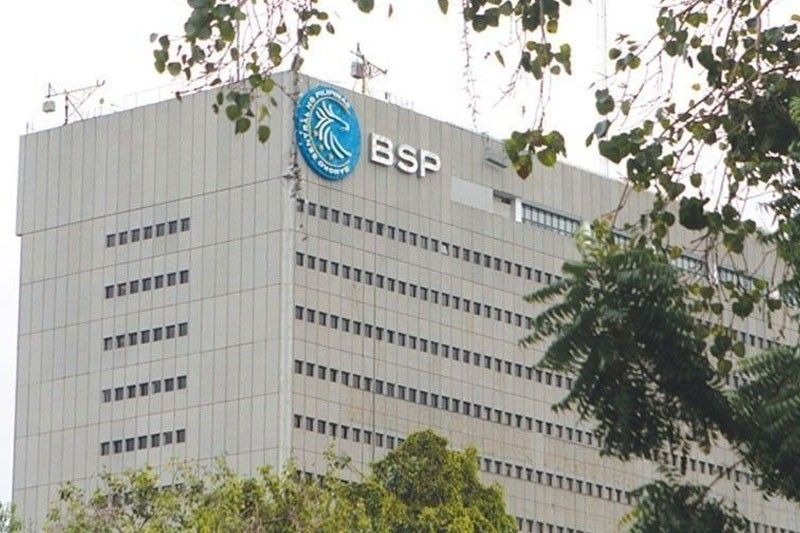Real estate exposure of Philippine banks eases to 21 percent

MANILA, Philippines — The exposure of Philippine banks and trust entities to the volatile property segment eased slightly to 21 percent in end-December 2022 from 21.2 percent in end-September last year as the industry’s non-performing loan (NPL) ratio improved to below five percent.
Preliminary data from the Bangko Sentral ng Pilipinas (BSP) showed investments and loans extended by the banking industry to the property sector inched up by 5.2 percent to P3.02 trillion in end-2022 from P2.87 trillion in end-2021.
Lending went up by 5.3 percent to P2.59 trillion in 2022 from P2.46 trillion a year ago. Commercial real estate loans rose by 5.1 percent to P1.64 trillion from P1.56 trillion, while residential real estate loans increased by 5.4 percent to P944.59 billion from P896.13 billion.
On the other hand, past due real estate loans declined by 11.1 percent to P132.15 billion from P148.66 billion. This came after past due commercial real estate loans slipped by 6.1 percent to P38.3 billion from P40.78 billion, while past due residential real estate loans decreased by 13 percent to P93.85 billion from P107.88 billion.
As the country continues to book strong economic growth after recovering from the impact of the pandemic, the gross non-performing real estate loans of Philippine banks declined by 11 percent to P107.86 billion from P121.16.
This translated to a lower gross non-performing real estate loan ratio of 4.17 percent in end-2022 from 4.93 percent a year ago.
On the other hand, data from the BSP showed real estate investments in debt and equity securities grew by 6.6 percent to P436.3 billion from P409.36 billion.
At the height of the global health crisis, the BSP raised the real estate loan limit of big banks to 25 from 20 percent in August 2020 to free up P1.2 trillion in additional liquidity for lending amid the uncertainties brought about by the pandemic.
To ensure that banks’ exposure to the property sector remains manageable, the BSP continues to maintain prudential measures, including the real estate limit.
These measures also include the heightened surveillance of banks’ real estate and project finance exposures, and the real estate stress test (REST) thresholds for universal and commercial banks as well as thrift banks.
Housing prices continued to rally in the Philippines, picking up further in the fourth quarter of 2022 with the complete reopening of the economy as strict COVID quarantine and lockdown protocols were lifted.
The latest Residential Real Estate Price Index (RREPI) of the BSP showed an increase of 7.7 percent to 151.9 in the last quarter of 2022 from 141 in the same quarter in 2021.
The index has been rising steadily from 139.8 in the first quarter to 142.1 in the second, and 148.6 in the third quarter as the economy further reopened after the resumption of strict lockdowns in January amid the rise in COVID-19 infections due to the highly contagious Omicron variant.
The RREPI, launched in the first quarter of 2016, is used as an indicator for assessing the real estate and credit market conditions in the country.
Property prices in the National Capital Region (NCR) grew by 16.1 percent to 175.5 in the fourth quarter of last year from 151.1 in the same quarter in 2021 as families started to return to the metropolis from the provinces amid the resumption of on-site work as well as face-to-face classes.
Likewise, housing prices in areas outside the NCR also inched up by 4.5 percent to 142.9 from 136.7.
To cool inflation and stabilize the peso, the BSP has so far raised key policy rates by 425 basis points that brought the benchmark rate to a 16-year high of 6.25 percent from an all-time low of two percent.
- Latest
- Trending




























